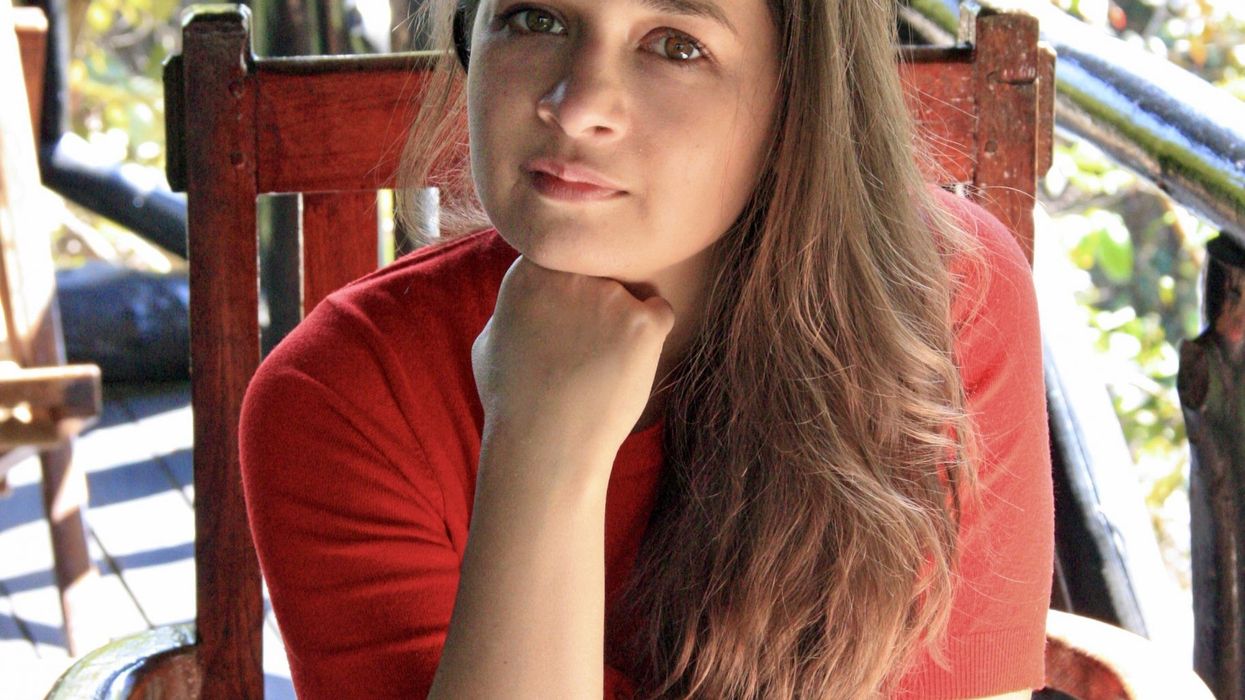By Trisha Sakhlecha
AS A child, I always loved writing and for the longest time, I thought my future was as a journalist.
Though I chose to study science and mathematics in high school, the only subject I genuinely enjoyed was English. My library card was always maxed out, I wrangled my way onto my school’s editorial board and when the time came to apply to university, my first choice was a BA journalism degree at Delhi University.
It was a prestigious course and part of the admissions requirement was a three-hour-long entrance exam that tested applicants on everything from grammar and composition to general knowledge and current affairs.
I sat for the exam feeling confident and perhaps a little smug. I had just graduated from one of the best schools in Delhi, I had always been told I was a good writer, and I took particular joy in correcting my brother’s grammar. An entrance exam? Easy. I would sail through.
Turns out, it wasn’t easy at all.
I failed. I did so badly that I didn’t even make the waitlist, let alone the course. It was my first real taste of heartbreak and god, did it hurt. Like all devastating teenage heartbreaks, though, I survived. I studied design instead.
Over the next decade, I moved to London and built a career in fashion, returning to my love for writing time and again, but always sideways – helping a cousin with an essay, writing the odd piece about the latest fashion trends or far more frequently – and secretly – scribbling in my journals.
Though the idea of going into fashion journalism was never far from my thoughts, I refused to give myself the permission to pursue it as a career. There was no point. I couldn’t even get into an entry-level journalism course – which I knew by now wasn’t quite as prestigious as it seemed at the time, a fact that only made my failure feel bigger.
The truth is, I was scared. Was my fear simply a reaction to that early failure or something deeper, cultural conditioning that led me to believe that an Indian girl couldn’t realistically expect to make a living as a writer? I don’t know. But I understood what I wasn’t. What I couldn’t be.
Even when I joined a creative writing course years later, it was because I was desperate for a distraction. I was trying to pull myself out of a very messy, very toxic marriage. I needed space to discover who I was again; and for me, the best way to do that has always been through writing.
I write to discover what I’m thinking, what I’m feeling and quite often, what I’m trying very hard not to feel. Writing was an escape, perhaps even a lifeline, but it was always a hobby. Never in a million years did I think that the novel I wrote to try and make sense of what was arguably the worst period of my life would end up getting published or open up a whole new career for me.
Even harder to grasp was the idea that not only did a major publisher want to publish my work, but they also had so much faith in my writing that they were willing to offer me a contract for my second, yet-to-be-written book on a 50-word synopsis. The fact that a few sentences got me a book deal when thousands of carefully written words all those years ago couldn’t get me into a degree programme still feels utterly, completely unbelievable.
Despite that, as I prepare to pitch my next novel to my editor, that old fear resurfaces – do I have it in me? Can I be a real writer?
My second novel, Can You See Me Now? has just been published. It’s a psychological thriller set in India that deals with toxic female friendships, power and privilege. It was a difficult book to write, one I’m particularly proud of and as I look at the copy on my shelf, I remind myself that I do have it in me to be a real writer. I am a real writer. I just need to keep the faith. And this time, instead of looking outside for validation, perhaps I need to look inside.
Trisha Sakhlecha is the author of Your Truth or Mine? and Can You See Me Now?




